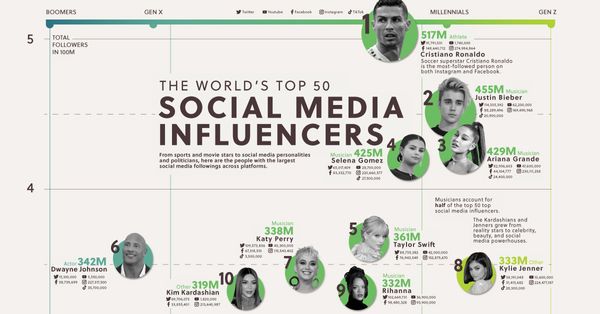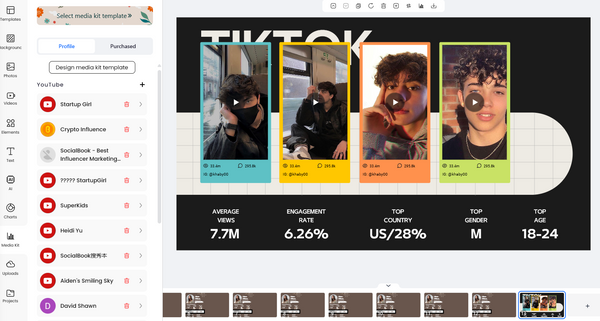In today's article, we delve into some major influencer marketing mistakes that both creators and brands should avoid. While the focus is often on creators and influencers, it's crucial for brand representatives to be aware of these pitfalls as well. This guide will be valuable for both sides of the influencer marketing equation.
If you're new here, we share insights on all things about social media and influencer marketing. Be sure to subscribe to our newsletter to stay updated with our latest content!
1. Not Properly Disclosing Sponsored Content
One of the biggest mistakes in influencer marketing is failing to disclose sponsored content properly. Many brands don’t understand that influencers are legally required to disclose when content is sponsored. In the United States, the FTC (Federal Trade Commission) mandates these disclosures to ensure transparency. Not disclosing it is not only a mistake but also illegal.
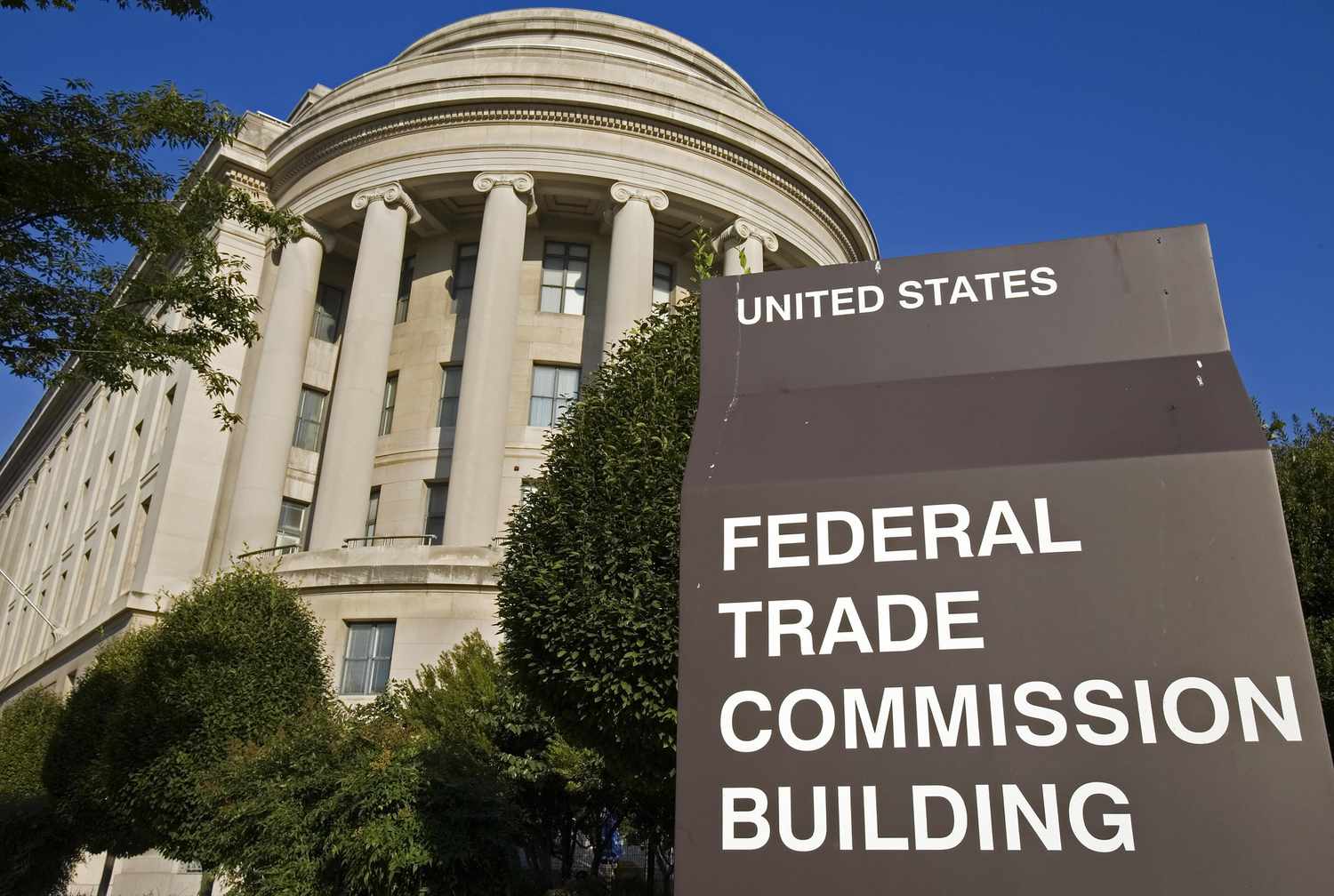
For creators, if a brand asks you not to disclose a sponsorship, it's crucial to push back. Non-disclosure can lead to trouble, including your account being reviewed or even suspended. Brands, on the other hand, must recognize that proper disclosure builds trust. Audiences are already aware that creators work with brands. Transparency will help maintain that trust.
An illustrative example of the importance of proper disclosure is the incident involving Insta360, a company known for its innovative 360-degree cameras. Several influencers posted YouTube videos accusing Insta360 of asking them to hide their partnership information in promotional videos. This oversight not only put the influencers at risk of violating FTC guidelines but also cast a shadow on the brand's reputation. The situation highlighted the need for transparency and adherence to legal requirements in influencer marketing.

I’ll leave a link to the FTC guidelines for proper disclosure below:
2. Over-Scripting and Limiting Creative Control
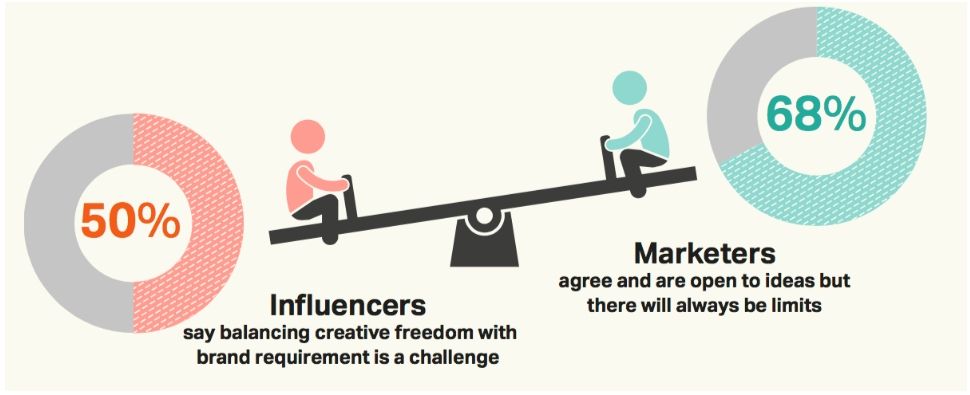
One of the most common pitfalls in influencer marketing is the tendency to over-script and severely limit the creative control of influencers, turning them into mere spokespersons rather than authentic content creators. Authenticity is the cornerstone of effective influencer marketing. When influencers are forced to adhere strictly to a script, it often results in content that feels unnatural and disengaging to their audience. Audiences are adept at detecting when a creator is simply reading from a script, and this lack of genuineness can significantly reduce the impact of the message being conveyed.
Influencers thrive on their ability to connect with their audience in a unique and personal way. They have built their following through their distinctive voice, style, and content, which resonates with their audience. When brands impose rigid scripts and confine influencers to predetermined narratives, they strip away this individuality, risking the authenticity that initially attracted followers. This approach can lead to content that feels forced and out of touch with the audience, diminishing its effectiveness.
Instead, brands should aim to provide key messages and objectives, allowing influencers the creative freedom to deliver these messages in their own style. This approach not only preserves the influencer's authenticity but also leverages their deep understanding of what resonates with their audience. Influencers should be seen as creative partners who can offer valuable insights into how to best engage their followers with the brand's message.
It is reasonable for brands to request a review of the content before it goes live to ensure that it aligns with their messaging and branding guidelines. However, this review process should be a collaborative effort, focusing on ensuring accuracy and alignment rather than enforcing strict adherence to a script. By trusting influencers to convey the message in their own words and style, brands can achieve more authentic and engaging content.
Furthermore, influencers should feel empowered to communicate openly with brands if they believe a script or proposed content will not resonate with their audience. They can suggest alternative approaches that might be more effective. This open line of communication fosters a collaborative relationship where both parties can contribute their expertise to create content that is both authentic and aligned with the brand's goals.

In summary, the key to successful influencer marketing lies in balancing the brand's messaging needs with the influencer's creative freedom. By avoiding over-scripting and respecting the influencer's unique voice, brands can create more genuine and engaging content that resonates with the audience and drives better results.
3. The One-Night Stand Approach
A common mistake brands make is adopting a "one-night stand" approach to influencer engagements. This metaphorical term encapsulates the tendency to view influencer collaborations as isolated, one-off transactions aimed solely at achieving short-term goals, such as immediate visibility or a spike in sales. While such tactics may yield initial visibility or buzz, they often fall short in harnessing the full potential of influencer marketing.
The true value of influencer partnerships lies in building meaningful, long-term relationships with creators who resonate with the brand's values and target audience. Here’s why investing in sustained partnerships rather than fleeting interactions can lead to more impactful outcomes:
1. Authenticity and Trust:
Authenticity is paramount in influencer marketing. When brands engage in ongoing collaborations with influencers, creators have the opportunity to genuinely understand and integrate the brand into their content. This authenticity not only enhances the credibility of the influencer's endorsement but also fosters trust among their followers, who perceive the partnership as genuine rather than purely transactional.
2. Consistency and Brand Integration:
Long-term partnerships allow influencers to incorporate the brand into their content seamlessly over time. This consistent exposure helps reinforce brand messages and values among the influencer's audience, gradually shaping perceptions and fostering brand loyalty.
3. Audience Relationship Building:
Influencers often have dedicated and engaged audiences who trust their recommendations. By nurturing a prolonged relationship with an influencer, brands can tap into this established rapport and leverage it to cultivate deeper connections with consumers over time. This relational approach can lead to increased brand affinity and advocacy among the influencer's followers.
4. Campaign Effectiveness and ROI:
While immediate results may be appealing, the true impact of influencer marketing campaigns often unfolds gradually. Investing in a longer-term partnership allows brands to track and measure the evolving impact of influencer collaborations more effectively. Over time, this approach can lead to higher returns on investment (ROI) as the influencer's endorsement gains traction and credibility within their community.

To navigate this shift towards long-term influencer relationships effectively, brands should consider starting with a pilot or one-off collaboration to gauge compatibility and initial performance metrics. If the results are promising, transitioning to a more extended partnership can unlock deeper synergies and maximize the benefits of influencer marketing over the long term.
In essence, while the allure of quick wins in digital marketing is undeniable, cultivating enduring partnerships with influencers offers brands the opportunity to build lasting connections, foster authenticity, and drive sustained business growth through meaningful engagement with their target audiences. By prioritizing relationships over transactions, brands can position themselves strategically in the competitive landscape of influencer marketing, reaping rewards that extend far beyond the immediate horizon.
4. Unrealistic Expectations and Undefined Goals
Many brands are drawn to influencer marketing with overly optimistic expectations, hoping for an immediate surge in sales. However, the reality is that influencer marketing operates much like traditional advertising in that it primarily contributes to building brand recall and loyalty over time. Rather than expecting instant returns from a single influencer post, brands should adopt a more strategic approach.
It's crucial for brands to define clear, realistic goals and to implement a methodical measurement of outcomes over a sustained period. This approach allows for a comprehensive evaluation of the effectiveness of influencer partnerships. Setting achievable benchmarks helps manage expectations and provides valuable insights into the impact of influencer collaborations on brand visibility, engagement, and ultimately, sales.
A fundamental step in this process is allocating a suitable budget for testing and optimizing influencer marketing efforts. Brands must carefully select the platforms that align with their target audience and campaign objectives—whether it's YouTube, Instagram, TikTok, or a combination of these. Each platform offers unique advantages and caters to different demographics, making it essential for brands to tailor their strategies accordingly.
Proper planning and goal-setting are critical pillars of a successful influencer marketing strategy. By investing time in strategic planning, brands can maximize the potential of influencer partnerships to achieve long-term growth and brand success in a competitive digital landscape.

5. Inadequate Research on Influencers
Insufficient research on influencers remains a common and costly mistake for many brands. It involves more than just superficially examining follower counts or content quality. Brands must conduct thorough and comprehensive research to ensure they are partnering with influencers who align with their values and objectives.
One critical aspect of this research is investigating any potential controversies or fraudulent activities associated with the influencer. This can be achieved by scrutinizing their social media history, media coverage, and using third-party platforms like SocialBook to verify the authenticity of their followers and engagement metrics. SocialBook provides detailed analytics that help brands assess an influencer's audience demographics and engagement patterns, ensuring they have built their following organically and maintain a genuine connection with their audience, which is paramount to maintaining credibility for the brand.
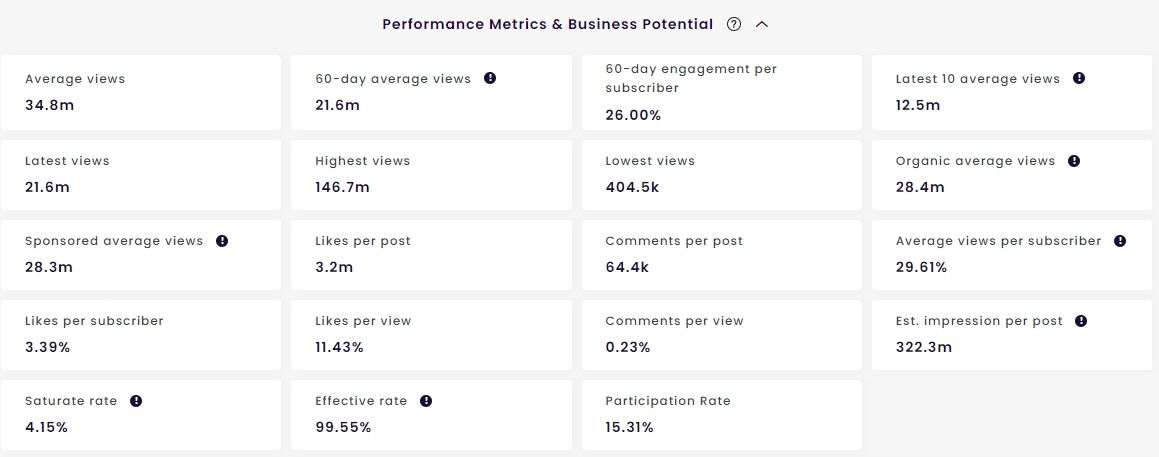
Moreover, understanding the influencer's previous collaborations, especially with competitors, is crucial. Brands need to assess whether past associations align with their brand image and values. This includes evaluating the effectiveness and professionalism of their collaborations through case studies or past campaign results. Insights gained from these assessments can help predict the influencer's potential impact on brand perception and consumer engagement.
Additionally, integrating tools like SocialBook for competitive content monitoring can enhance this evaluation process. SocialBook enables brands to track and analyze influencer activities, including their engagements with competitors. This monitoring provides valuable data to gauge an influencer's consistency, audience response, and overall performance across different campaigns. By leveraging such insights, brands can make informed decisions about partnerships that resonate positively with their target audience while mitigating risks associated with conflicting brand messages.
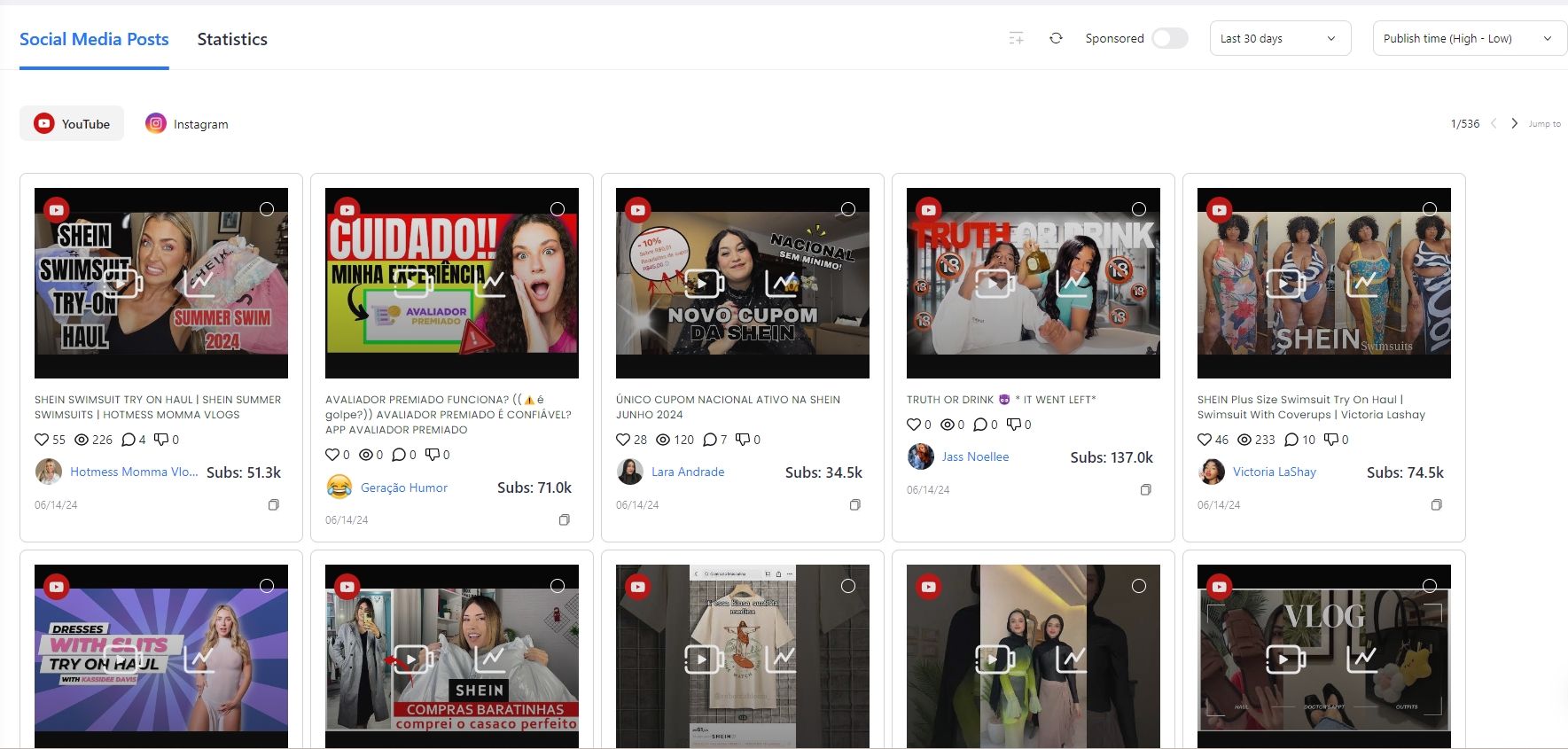
By investing time and effort in meticulous research, brands can mitigate risks associated with inappropriate partnerships and maximize the benefits of influencer marketing. A well-informed selection process not only safeguards brand reputation but also enhances the likelihood of achieving meaningful and measurable results from influencer collaborations."
Conclusion
Avoiding common influencer marketing mistakes such as inadequate disclosure, restricting creative freedom, neglecting long-term relationships, unrealistic goal-setting, and insufficient research can drastically improve campaign outcomes. By prioritizing transparency, empowering influencers creatively, nurturing lasting partnerships, setting achievable goals, and conducting thorough due diligence, brands can enhance authenticity, engagement, and overall effectiveness in reaching their target audience through influencer collaborations.



